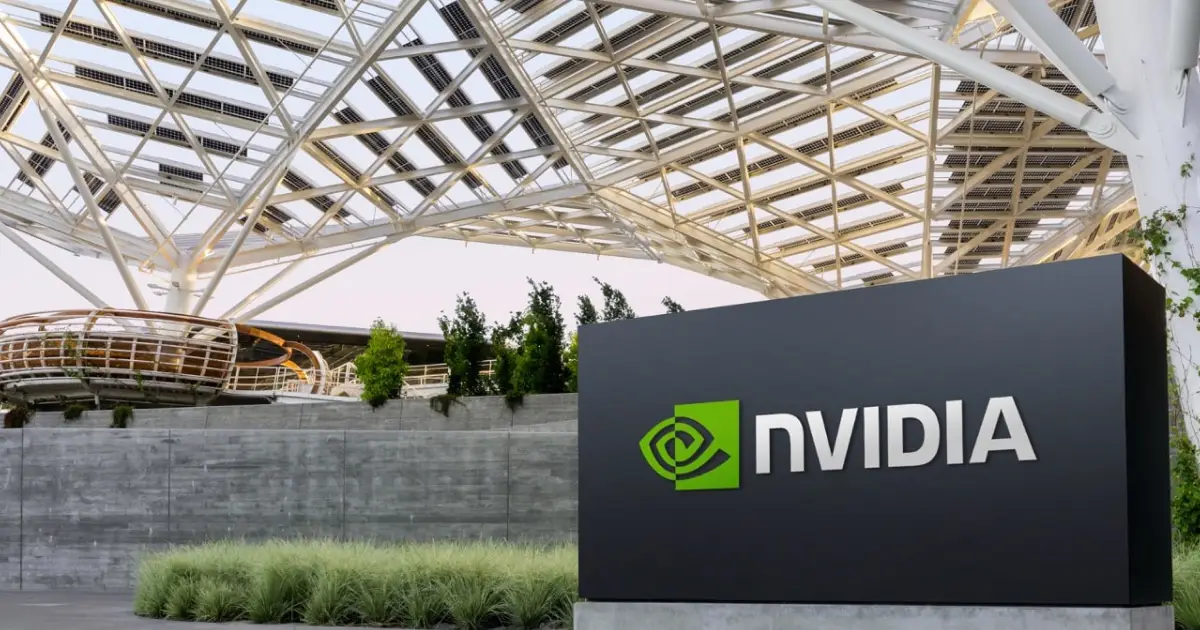The Cyberspace Adminsitration of China, the country’s internet regulator, said that it was concerned by a US proposal for advanced chips that are sold abroad to be equipped with tracking and positioning functions, reported Reuters.
It has also been mentioned that Nvidia has been summoned to a meeting on Thursday to explain whether its H20 AI Chip had any backdoor security risks, as it was worried that Chinese users' data and privacy rights might suffer consequences.
It is also worth mentioning that senator Tom Cotton, in May, has introduced the bill that would direct the Commerce Department ithat would require location verification mechanisms for AI chips subject to export restrictions, the curb Chinese access to advanced US semiconductor technology.
Nvidia still remains the center of U.S.-China tensions, with China’s latest move following a recent U.S. reversal of its April ban on H20 chip sales. The company had also designed the H20 specifically for China after the U.S. introduced export restrictions on advanced AI chips in late 2023.
Tilly Zhang, an analyst with Gavekal Dragonomics, had reported that “Nvidia chips are now dispensable for China. They can be easily put on the negotiating table,".
Tilly also added “China obviously has more courage and domestic substitution capabilities compared to previous years to not rely on overseas technology.”
Subscribe to our newsletter
This month, Nvidia CEO Jensen Huang embarked on a very public and effusive visit to China where he looked to demonstrate his commitment to the Chinese market, met with government officials and praised the country’s AI advances.
Charlie Chai, an analyst for the tech and consumer focused 86Reaserch, said Beijung’s warnings ware most probably a symbolic stance against similar objections made by US authorities.
Chai said “However, we do not believe Beijing will make excessively harsh demands or introduce regulatory hurdles that will effectively drive Nvidia out of China – for the lack of alternatives China still needs Nvidia chips for domestic research and applications”.
It is also worth noting that Nvidia’s products are highly looked after by Chinese tech companies as well as by Chinsese military bodies, state-run AI reserch Institues and univeresaties.
Nvidia is under antitrust investigation in China, with the State Administration for Market Regulation probing potential violations of the country's anti-monopoly law. The regulator also suspects Nvidia breached commitments made during its 2020 conditionally approved acquisition of Israeli chipmaker Mellanox Technologies.
Nvidia still remains the center of U.S.-China tensions, with China’s latest move following a recent U.S. reversal of its April ban on H20 chip sales. The company had also designed the H20 specifically for China after the U.S. introduced export restrictions on advanced AI chips in late 2023.
Tilly Zhang, an analyst with Gavekal Dragonomics, had reported that “Nvidia chips are now dispensable for China. They can be easily put on the negotiating table,".
Tilly also added “China obviously has more courage and domestic substitution capabilities compared to previous years to not rely on overseas technology.”
Subscribe to our newsletter
This month, Nvidia CEO Jensen Huang embarked on a very public and effusive visit to China where he looked to demonstrate his commitment to the Chinese market, met with government officials and praised the country’s AI advances.
Charlie Chai, an analyst for the tech and consumer focused 86Reaserch, said Beijung’s warnings ware most probably a symbolic stance against similar objections made by US authorities.
Chai said “However, we do not believe Beijing will make excessively harsh demands or introduce regulatory hurdles that will effectively drive Nvidia out of China – for the lack of alternatives China still needs Nvidia chips for domestic research and applications”.
It is also worth noting that Nvidia’s products are highly looked after by Chinese tech companies as well as by Chinsese military bodies, state-run AI reserch Institues and univeresaties.
Nvidia is under antitrust investigation in China, with the State Administration for Market Regulation probing potential violations of the country's anti-monopoly law. The regulator also suspects Nvidia breached commitments made during its 2020 conditionally approved acquisition of Israeli chipmaker Mellanox Technologies.
















